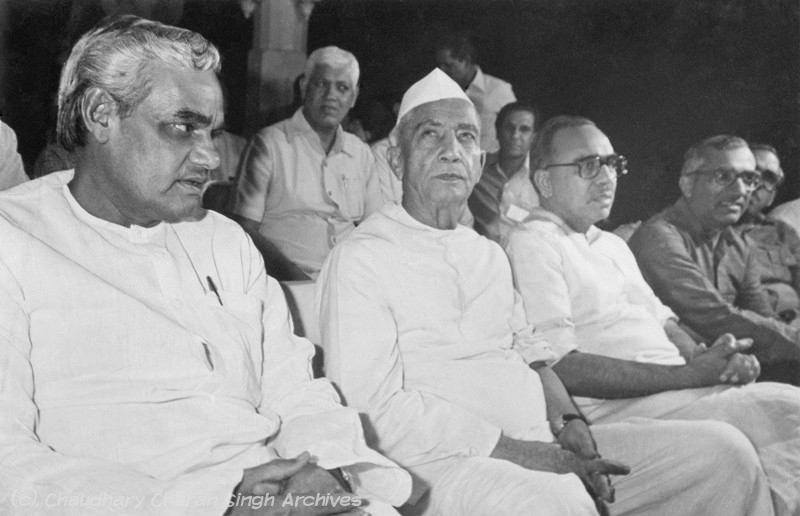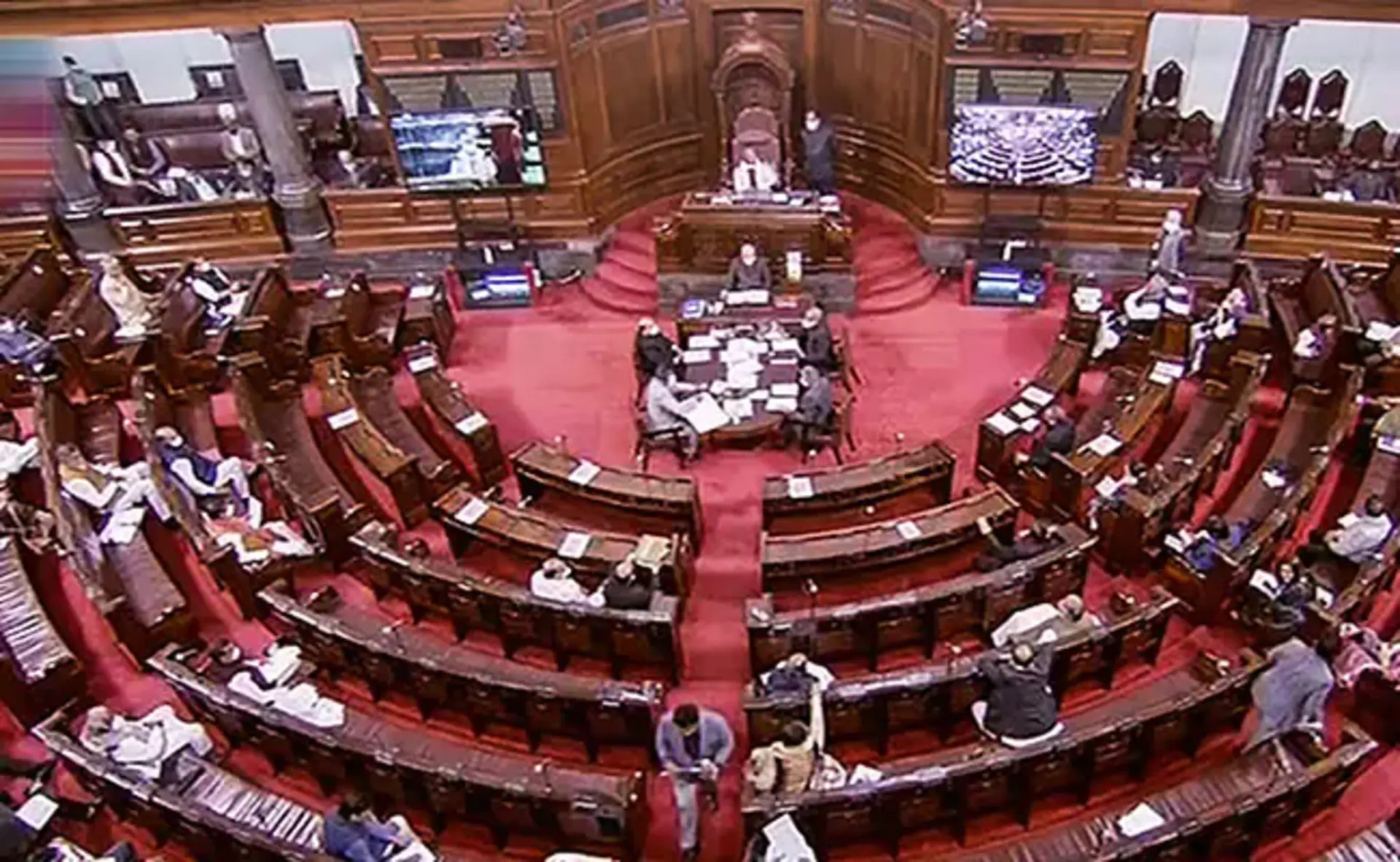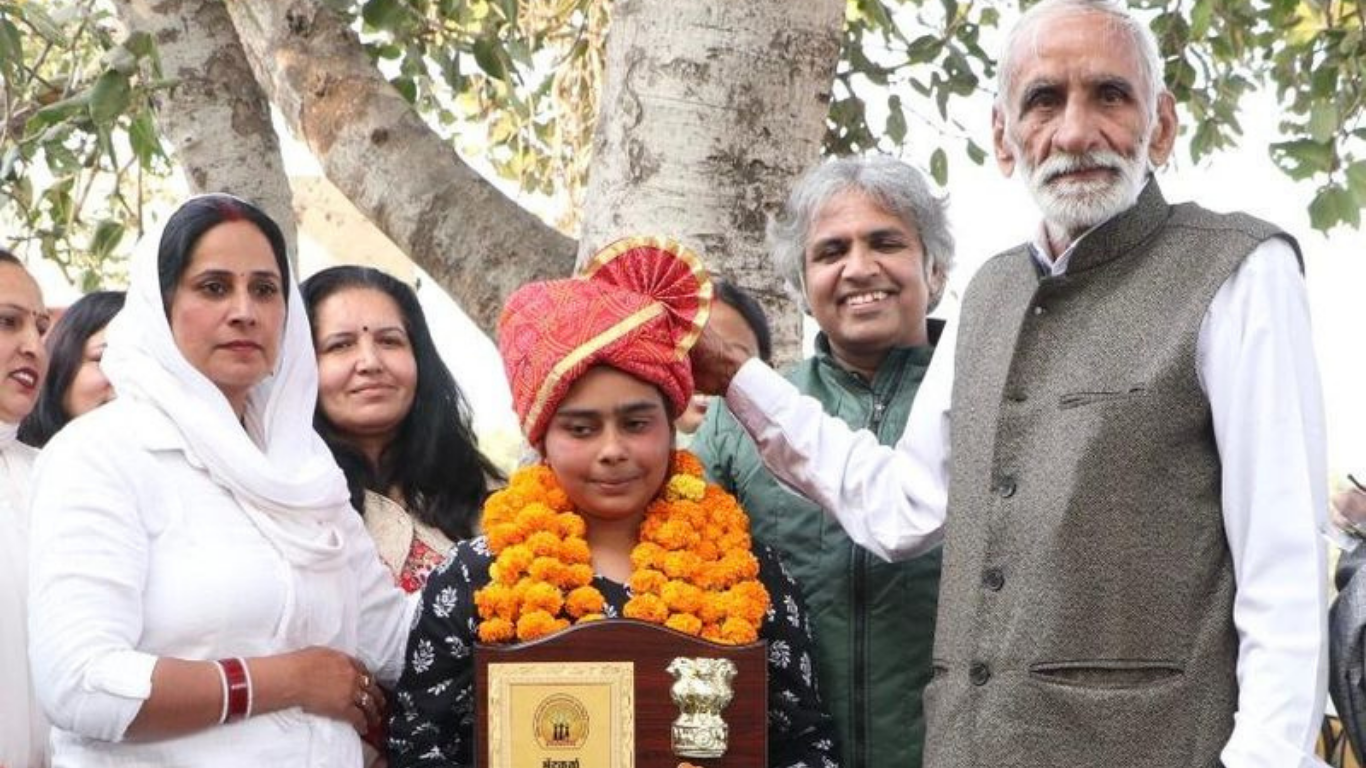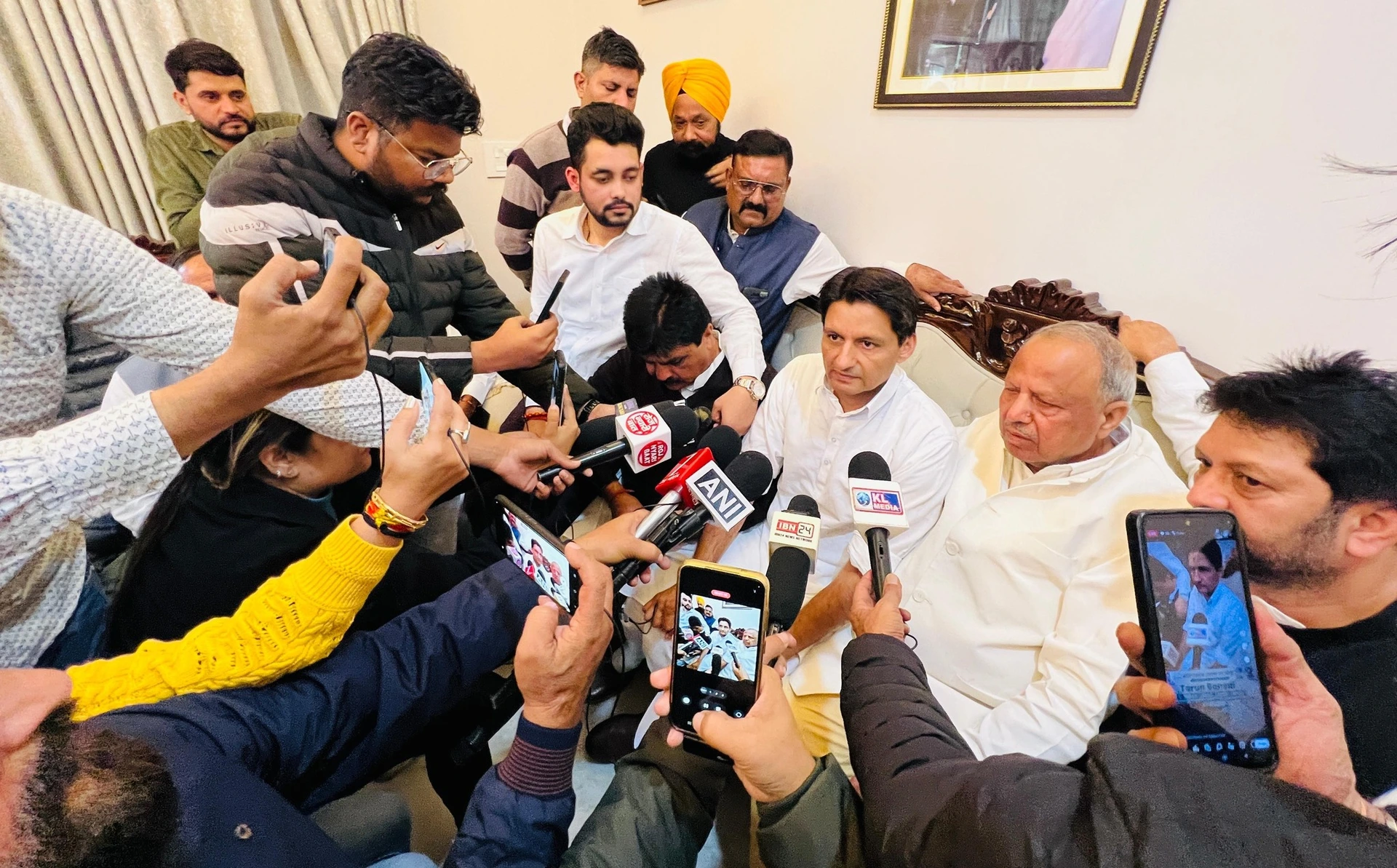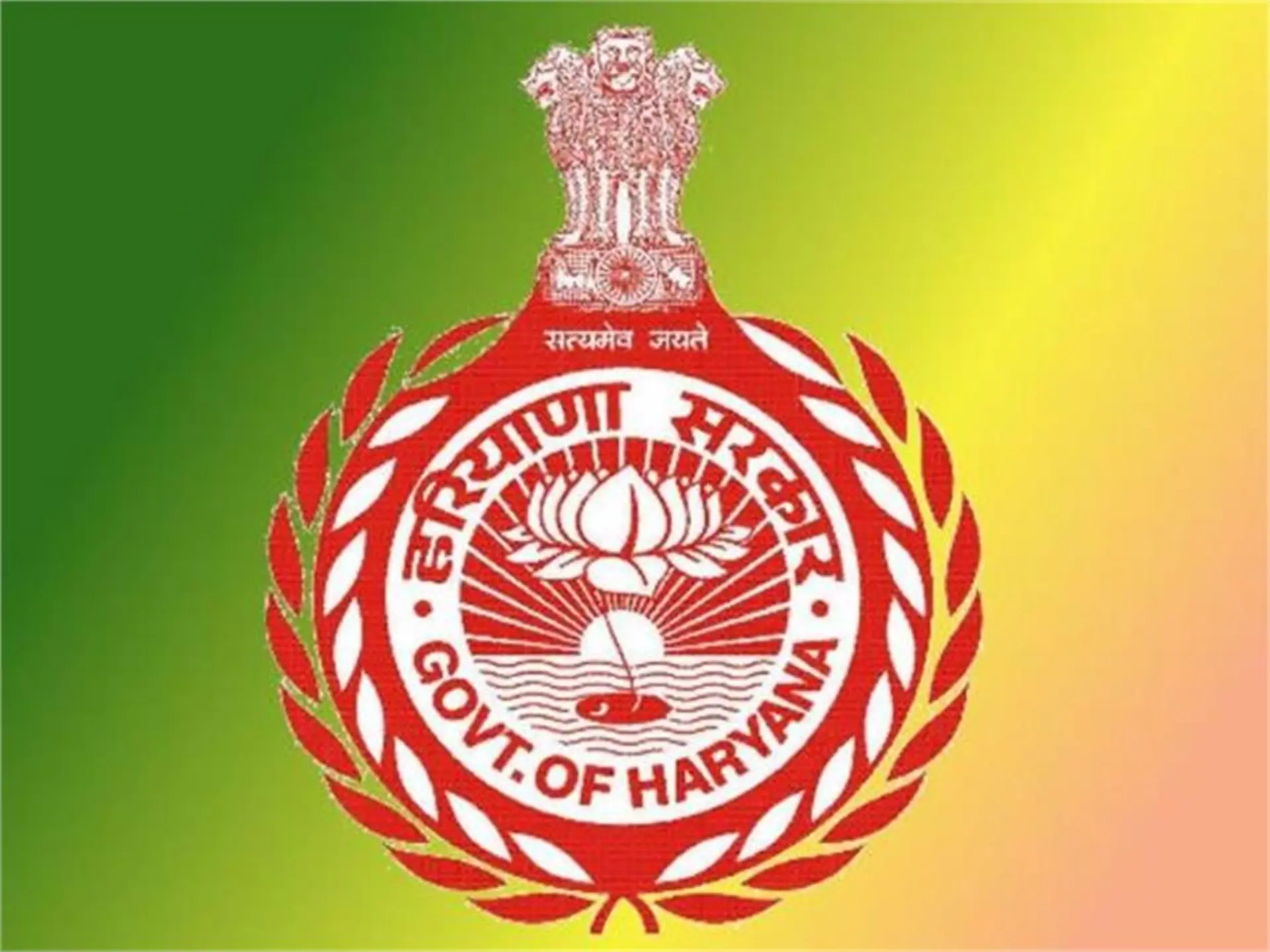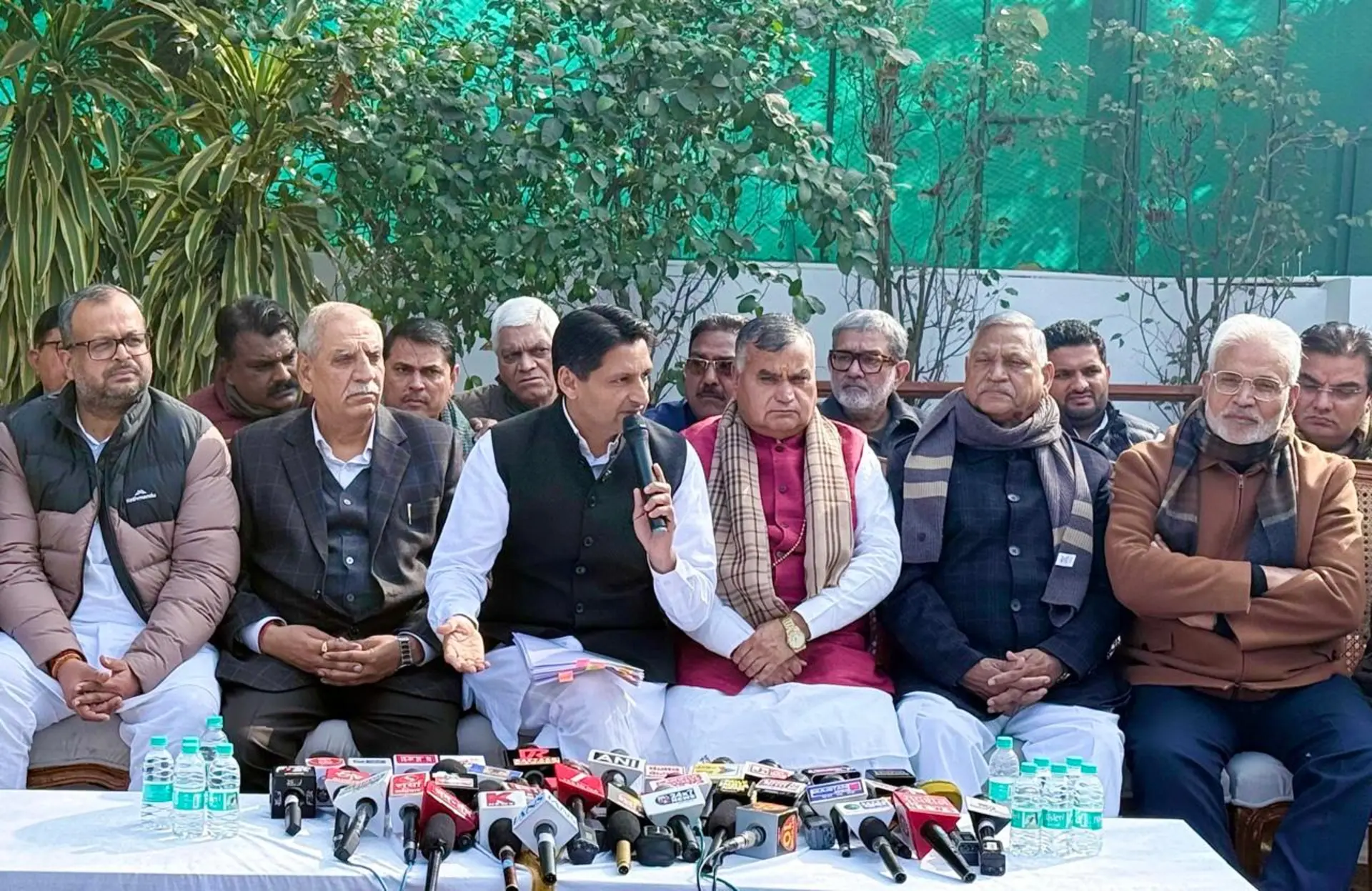
“This honour is dedicated to his incomparable contribution to the country. His dedication to our farmer brothers and sisters and his commitment to democracy during the Emergency is inspiring to the entire nation” Prime Minister Narendra Modi posted on X on February 9 after the announcement of conferring Bharat Ratna on former Prime minister and champion of farmers Chaudhary Charan Singh.
Ch. Charan is one such larger than life figure, for the farmers of Haryana and Uttar Pradesh that even today, 37 years after his death, people remember him fondly with great respect and reverence. Today on his 37 death anniversary, Vice President Jagdeep Dhankar along with Jayant Chaudhary, the grandson and RLD chief paid tribute to former Prime Minister Chaudhary Charan Singh at Kisan Ghat in New Delhi. Let’s have a look at the life of Ch. Charan Singh whose legacy lives on and inspires the leaders to frame pro farmer policies.
Ch. Charan Singh was born on December 23, 1902, in Noorpur village, in the family of Netra Kaur and Chaudhary Meer Singh in Meerut district of Uttar Pradesh. Ch. Charan Singh received his primary education from his hometown school, Jani Khurd. He passed his matriculation from the Government High School, Meerut. He received multiple jail sentences for his involvement in the independence movement. He also spent six months in the prison after he violated the salt legislation. In 1940, he was behind the bars for a year once more. He was jailed again in 1942, having been freed in October 1941.
Prior to independence, Ch. Charan Singh was involved in politics in the United Provinces in addition to the independence movement following the ideals of Mahatma Gandhi. His rise to prominence as an MLA from Baghpat West (1952) and Kotana (1957, 1962) made him one of the Congress's most significant figures in Uttar Pradesh after independence. In the cabinet of the first Chief Minister of Uttar Pradesh, Govind Ballabh Pant, he served as the minister of revenue and played a key role in putting historic legislation pertaining to land ceiling and zamindari abolition into effect. Among the most well-liked leaders among Muslims and North Indian farming communities, including the Jat, Yadav, Gujjar, and Kurmi communities, was Ch. Charan Singh over time.
The Congress was unable to secure a majority in the House in the 1967 Assembly elections. With support from Raj Narain, Lohia, and Nanaji Deshmukh of the Bharatiya Jana Sangh (BJS), Chaudhary Charan Singh took the initiative to arrange the party's defection of sixteen MLAs. He later formed the first coalition administration in UP that was not Congress. On April 3, 1967, he took the oath of office as chief minister. He led the coalition Samyukt Vidhayak Dal (SVD) government, which included his recently formed Bharatiya Kranti Dal (BKD) and several opposition parties, including the Left and BJS.
Ch. Charan Singh, who was still involved in politics in Uttar Pradesh, competed in the 1971 Lok Sabha election from Muzaffarnagar on the BKD ticket but was defeated by Vijaypal Singh of the CPI. Following the Emergency, he would eventually get traction in national politics when he became victorious in the 1977 Lok Sabha elections from Baghpat on the Janata Party ticket. In the new administration headed by Morarji Desai, he was appointed Deputy Prime Minister. After two years, Charan Singh left the Janata Party to found the Janata Party (Secular). With Indira Gandhi's help, this would catapult him to the prime ministership on July 28, 1979. However, Indira pulled the government's support after just 23 days.
His commitment and dedication to the farming community of the country earned him the efficacy of “the champion of farmers” and the country commemorates his birthday as 'Kisan Diwas'. He carried out a great deal of work for farmers during his life. He is well regarded as a supporter of farmers. In opposition to the socialist economics of the nation's first prime minister, Jawaharlal Nehru, he supported the farmers' ownership rights. The three land reform legislation that Chaudhary Charan Singh enacted in Uttar Pradesh drastically altered the state's farming and farmer population. Said to possess a profound comprehension of Indian villages, he espoused the cause of 50% government job reservation for the offspring of rural households, to reconcile the disparity between urban and rural regions. Being the only Jat CM of Uttar Pradesh, Ch. Charan Singh also heralded the new era of politics in both Uttar Pradesh and Haryana. Such was the life of Ch. Charan Singh who is fondly remembered by the generation of farmers and for his contribution to lakhs of poor lives the Narendra Modi government conferred him with the Bharat Ratna award on March 30th earlier this year.



